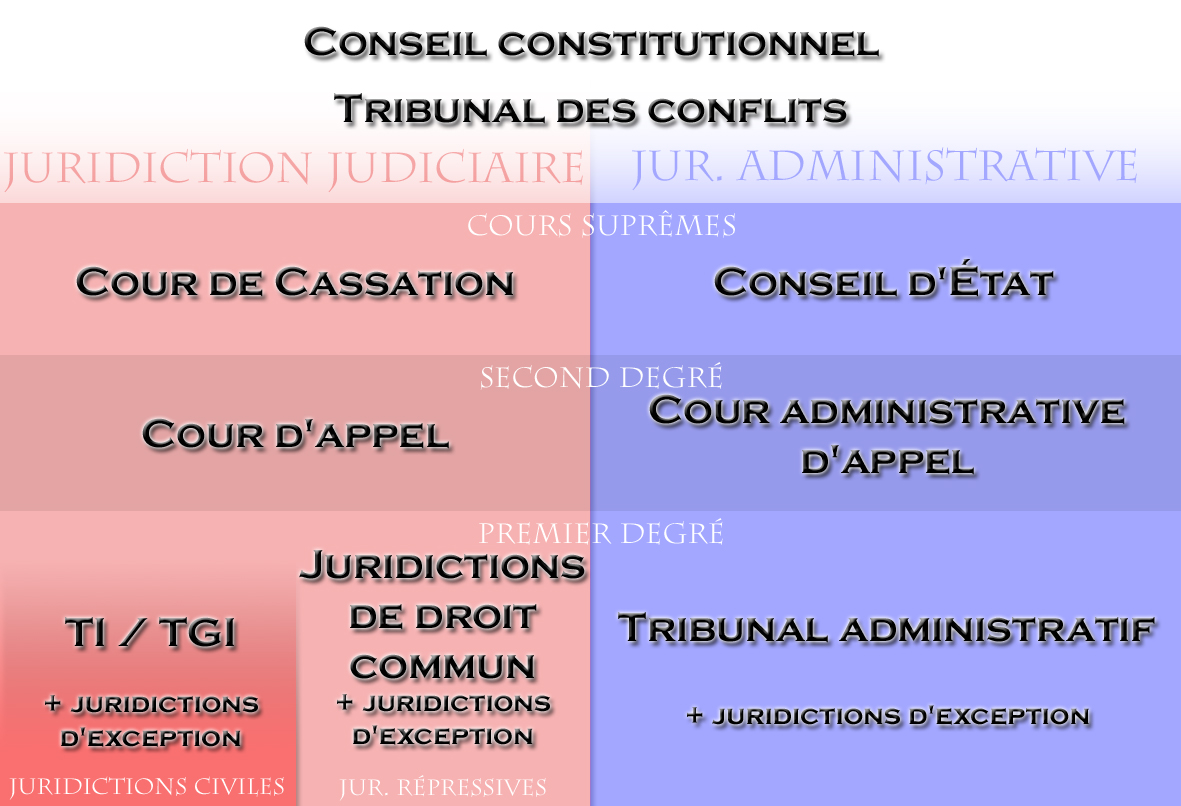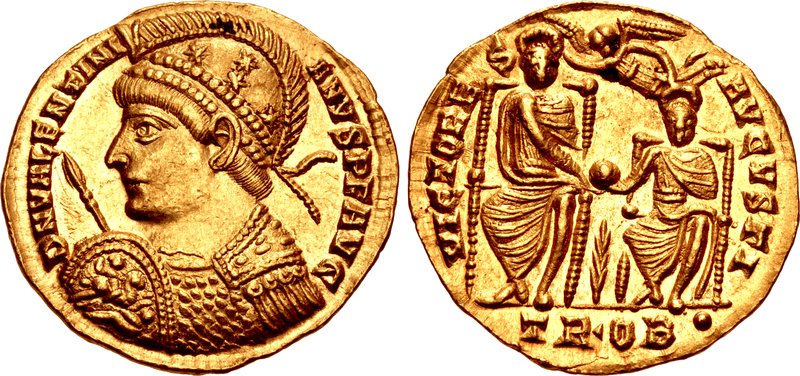|
Pierre Du Calvet
Pierre du Calvet (1735 – March 28, 1786) was a Montreal trader, justice of the peace, political prisoner and epistle writer of French Huguenot origin. Biography Family Pierre du Calvet was born in the Summer of 1735 in Caussade in the French province of Guyenne (today the Tarn-et-Garonne ''département''). He was the oldest of a family of five children. His father, Pierre Calvet, of Calvinist confession, had his children baptized as Catholics. He however passed on his Protestant faith to them. His mother was Anne Boudet. His family is said to be of noble origin and owned a domain at Montalzat, north of Toulouse. An ancestor, François Calvet, was hanged on June 23, 1563 for introducing the Reform in Montauban. Education He received a Catholic education without renouncing his Calvinism. Judging from his writings, he certainly studied the Humanities, French law, the Law of Nations and the philosophy of his time, that of the Enlightenment. In the main epistle of his ''Appel ... [...More Info...] [...Related Items...] OR: [Wikipedia] [Google] [Baidu] |
Caussade
Caussade is a commune in the district of Montauban, located in the Tarn-et-Garonne department in the Occitanie region in the south of France. Caussade, an ancient city of the white Quercy or lower Quercy, it is located in the hills of Quercy and nicknamed " hat city" due to milliner production in the late nineteenth and early twentieth century. The straw hat, the famous boater was made in Caussade. The inhabitants are called ''the Caussadais and Caussadaises''. Geography Caussade is situated in the valley of the Lère, a tributary of the Aveyron. For two kilometers, geological mutations overwhelm the landscape, leaving the plateau of Limognes and its western and southern extension as a low Jurassic plateau. Further descent into the former Oligocene Gulf of Monteils leads to the former floodplain of the Aveyron, which meets the Tarn downstream from Montauban. The plateau, from karstic rock edaphic, has soil that is poor and dry but this gives way to green valleys and fru ... [...More Info...] [...Related Items...] OR: [Wikipedia] [Google] [Baidu] |
French Law
The Law of France refers to the legal system in the French Republic, which is a civil law legal system primarily based on legal codes and statutes, with case law also playing an important role. The most influential of the French legal codes is the Napoleonic Civil Code, which inspired the civil codes of Europe and later across the world. The Constitution of France adopted in 1958 is the supreme law in France. European Union law is becoming increasingly important in France, as in other EU member states. In academic terms, French law can be divided into two main categories: private law (''Droit privé'') and public law (''droit public''). This differs from the traditional common law concepts in which the main distinction is between criminal law and civil law. Private law governs relationships between individuals. It includes, in particular: * Civil law ('). This branch refers to the field of private law in common law systems. This branch encompasses the fields of inheritance ... [...More Info...] [...Related Items...] OR: [Wikipedia] [Google] [Baidu] |
William Caesar McCormick
William is a male given name of Germanic origin.Hanks, Hardcastle and Hodges, ''Oxford Dictionary of First Names'', Oxford University Press, 2nd edition, , p. 276. It became very popular in the English language after the Norman conquest of England in 1066,All Things William"Meaning & Origin of the Name"/ref> and remained so throughout the Middle Ages and into the modern era. It is sometimes abbreviated "Wm." Shortened familiar versions in English include Will, Wills, Willy, Willie, Bill, and Billy. A common Irish form is Liam. Scottish diminutives include Wull, Willie or Wullie (as in Oor Wullie or the play ''Douglas''). Female forms are Willa, Willemina, Wilma and Wilhelmina. Etymology William is related to the given name ''Wilhelm'' (cf. Proto-Germanic ᚹᛁᛚᛃᚨᚺᛖᛚᛗᚨᛉ, ''*Wiljahelmaz'' > German ''Wilhelm'' and Old Norse ᚢᛁᛚᛋᛅᚼᛅᛚᛘᛅᛋ, ''Vilhjálmr''). By regular sound changes, the native, inherited English form of the name should b ... [...More Info...] [...Related Items...] OR: [Wikipedia] [Google] [Baidu] |
Jean-François Bourdon De Dombourg
Jean-François is a French given name. Notable people bearing the given name include: * Jean-François Carenco (born 1952), French politician * Jean-François Champollion (1790–1832), French Egyptologist * Jean-François Clervoy (born 1958), French engineer and astronaut * Jean-François Corminboeuf (born 1953), Swiss sport sailor * Jean-François Dagenais (born 1975), Canadian music producer * Jean-François David (born 1982), Canadian ice hockey player * Jean-François Gariépy (born 1984), Canadian alt-right political commentator and former neuroscientist * Jean-François Garreaud (1946–2020), French actor * Jean-François de La Harpe (1739–1803), French critic * Jean-François Lyotard (1924-1998), French philosopher * Jean-François Marceau (born 1976), Canadian judoka * Jean-François Marmontel (1723–1799), French historian and writer * Jean-François Martial (1891–1977), Belgian actor * Jean-François Millet (1814–1875), French painter * Jean-François Papillon (di ... [...More Info...] [...Related Items...] OR: [Wikipedia] [Google] [Baidu] |
City Of Halifax
A city is a human settlement of notable size.Goodall, B. (1987) ''The Penguin Dictionary of Human Geography''. London: Penguin.Kuper, A. and Kuper, J., eds (1996) ''The Social Science Encyclopedia''. 2nd edition. London: Routledge. It can be defined as a permanent and densely settled place with administratively defined boundaries whose members work primarily on non-agricultural tasks. Cities generally have extensive systems for housing, transportation, sanitation, utilities, land use, production of goods, and communication. Their density facilitates interaction between people, government organisations and businesses, sometimes benefiting different parties in the process, such as improving efficiency of goods and service distribution. Historically, city-dwellers have been a small proportion of humanity overall, but following two centuries of unprecedented and rapid urbanization, more than half of the world population now lives in cities, which has had profound consequences for g ... [...More Info...] [...Related Items...] OR: [Wikipedia] [Google] [Baidu] |
Restigouche County, New Brunswick
Restigouche County (2016 population 30,955) is located in north-central New Brunswick, Canada. The county is named for the Restigouche River which flows through the county and is famous for its salmon pools, which have attracted wealthy American and Canadian tourists to the region's summer colonies for decades. Forestry dominates the local economy. Census subdivisions Communities There are nine municipalities within Restigouche County (listed by 2016 population): First Nations There are two First Nations reservations in Restigouche County (listed by 2016 population): Parishes The county is subdivided into eight parishes. (Listed by 2016 population, excluding municipalities): *note: Grimmer Parish has been dissolved and amalgamated as part of the Rural Community of Kedgwick, effective July 2012. Demographics As a census division in the 2021 Census of Population conducted by Statistics Canada, Restigouche County had a population of living in of its total private dwelli ... [...More Info...] [...Related Items...] OR: [Wikipedia] [Google] [Baidu] |
Miramichi, New Brunswick
Miramichi () is the largest city in northern New Brunswick, Canada. It is situated at the mouth of the Miramichi River where it enters Miramichi Bay. The Miramichi Valley is the second longest valley in New Brunswick, after the Saint John River (Bay of Fundy), Saint John River Valley. Neighbourhoods The city of Miramichi was formed in 1995 through the forced Municipal amalgamations in New Brunswick, amalgamation of two towns, Newcastle, New Brunswick, Newcastle and Chatham, New Brunswick, Chatham, and several smaller communities, including Douglastown, New Brunswick, Douglastown, Loggieville, New Brunswick, Loggieville, and Nelson-Miramichi, New Brunswick, Nelson. Also the local service districts of Nordin, New Brunswick, Nordin, Moorefield, New Brunswick, Moorefield, Chatham Head, New Brunswick, Chatham Head, and Douglasfield, New Brunswick, Douglasfield. The amalgamation also included portions of the former local service district of Ferry Road-Russellville (Now separated and m ... [...More Info...] [...Related Items...] OR: [Wikipedia] [Google] [Baidu] |
Bordeaux
Bordeaux ( , ; Gascon oc, Bordèu ; eu, Bordele; it, Bordò; es, Burdeos) is a port city on the river Garonne in the Gironde department, Southwestern France. It is the capital of the Nouvelle-Aquitaine region, as well as the prefecture of the Gironde department. Its inhabitants are called ''"Bordelais"'' (masculine) or ''"Bordelaises"'' (feminine). The term "Bordelais" may also refer to the city and its surrounding region. The city of Bordeaux proper had a population of 260,958 in 2019 within its small municipal territory of , With its 27 suburban municipalities it forms the Bordeaux Metropolis, in charge of metropolitan issues. With a population of 814,049 at the Jan. 2019 census. it is the fifth most populated in France, after Paris, Lyon, Marseille and Lille and ahead of Toulouse. Together with its suburbs and exurbs, except satellite cities of Arcachon and Libourne, the Bordeaux metropolitan area had a population of 1,363,711 that same year (Jan. 2019 census), ma ... [...More Info...] [...Related Items...] OR: [Wikipedia] [Google] [Baidu] |
John Locke
John Locke (; 29 August 1632 – 28 October 1704) was an English philosopher and physician, widely regarded as one of the most influential of Age of Enlightenment, Enlightenment thinkers and commonly known as the "father of liberalism". Considered one of the first of the British Empiricism, empiricists, following the tradition of Francis Bacon, Locke is equally important to social contract theory. His work greatly affected the development of epistemology and political philosophy. His writings influenced Voltaire and Jean-Jacques Rousseau, and many Scottish Enlightenment thinkers, as well as the American Revolutionaries. His contributions to classical republicanism and liberal theory are reflected in the United States Declaration of Independence. Internationally, Locke’s political-legal principles continue to have a profound influence on the theory and practice of limited representative government and the protection of basic rights and freedoms under the rule of law. ... [...More Info...] [...Related Items...] OR: [Wikipedia] [Google] [Baidu] |
Grotius
Hugo Grotius (; 10 April 1583 – 28 August 1645), also known as Huig de Groot () and Hugo de Groot (), was a Dutch humanist, diplomat, lawyer, theologian, jurist, poet and playwright. A teenage intellectual prodigy, he was born in Delft and studied at Leiden University. He was imprisoned in Loevestein Castle for his involvement in the intra-Calvinist disputes of the Dutch Republic, but escaped hidden in a chest of books that was transported to Gorinchem. Grotius wrote most of his major works in exile in France. Hugo Grotius was a major figure in the fields of philosophy, political theory and law during the 16th and 17th centuries. Along with the earlier works of Francisco de Vitoria and Alberico Gentili, he laid the foundations for international law, based on natural law in its Protestant side. Two of his books have had a lasting impact in the field of international law: ''De jure belli ac pacis'' 'On the Law of War and Peace''dedicated to Louis XIII of France and the '' ... [...More Info...] [...Related Items...] OR: [Wikipedia] [Google] [Baidu] |
Gratian
Gratian (; la, Gratianus; 18 April 359 – 25 August 383) was emperor of the Western Roman Empire from 367 to 383. The eldest son of Valentinian I, Gratian accompanied his father on several campaigns along the Rhine and Danube frontiers and was raised to the rank of ''Augustus'' in 367. Upon the death of Valentinian in 375, Gratian took over government of the west while his half-brother Valentinian II was also acclaimed emperor in Pannonia. Gratian governed the western provinces of the empire, while his uncle Valens was already the emperor over the east. Gratian subsequently led a campaign across the Rhine, attacked the Lentienses, and forced the tribe to surrender. That same year, the eastern emperor Valens was killed fighting the Goths at the Battle of Adrianople, which led to Gratian elevating Theodosius to replace him in 379. Gratian favoured Nicene Christianity over traditional Roman religion, issuing the Edict of Thessalonica, refusing the office of '' pontifex maximus'' ... [...More Info...] [...Related Items...] OR: [Wikipedia] [Google] [Baidu] |






